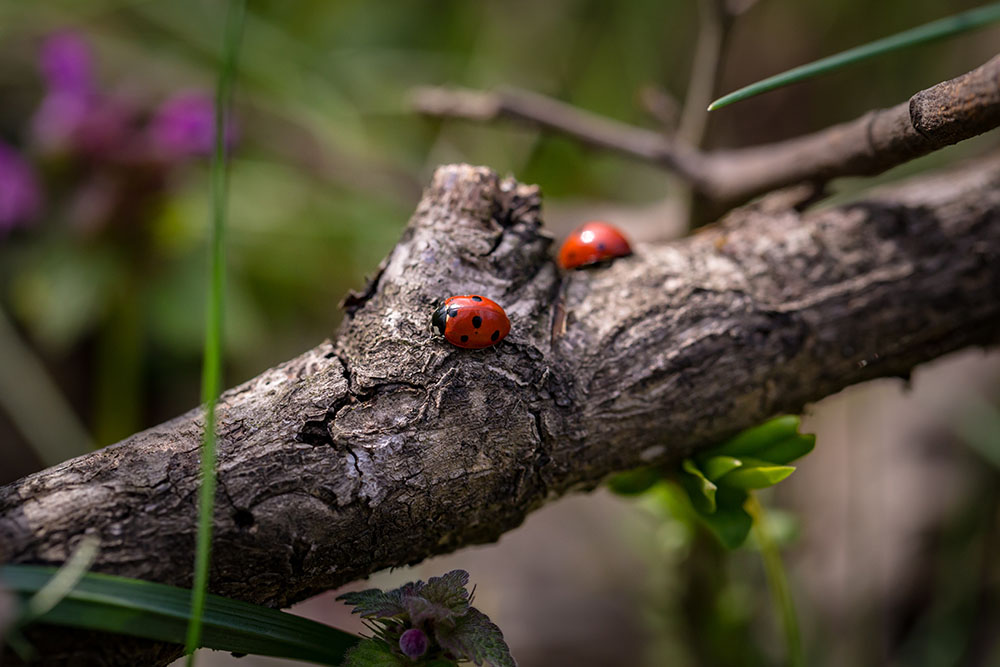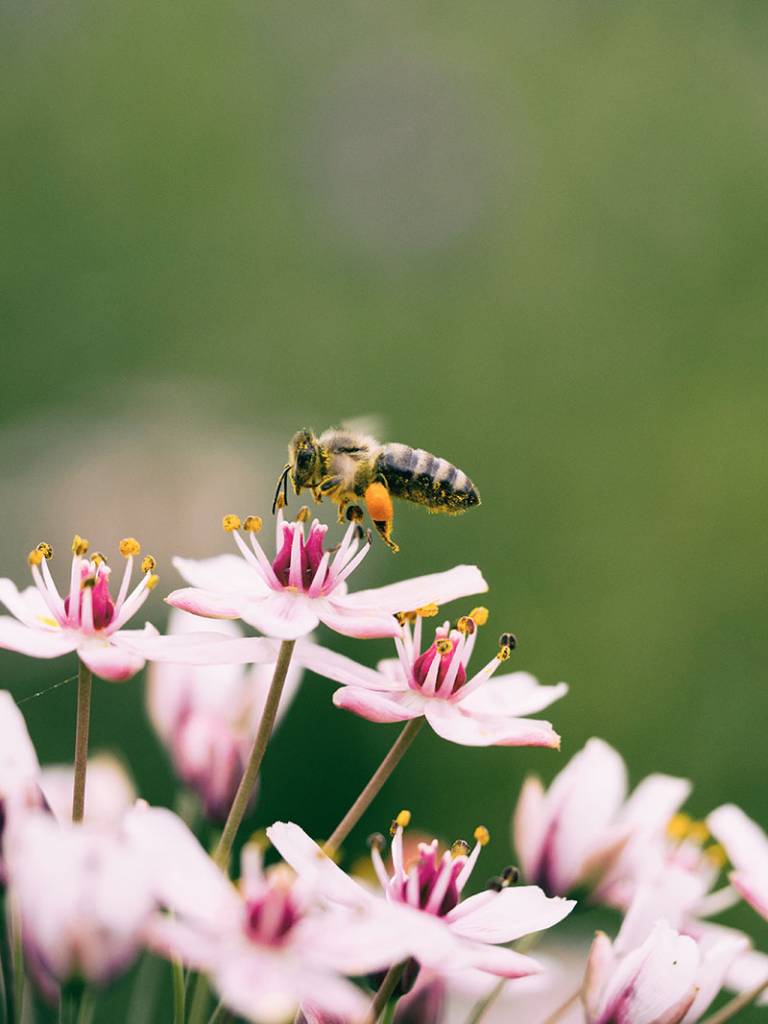When it comes to rooftop gardening there so many things that need to be considered. Things like managing space, monitoring wind, and keeping load even all come to mind,
But what many seem to forget is the importance of the three Bs.
Yep, Bees, Butterflies, and Beetles.
Believe it or not, these little critters can have a huge impact on the health of your entire urban farm – so make sure you give them the attention they deserve.
The decline of bees, butterflies, and beetles
 Recent research has shown that more than 40% of all insect species are in a state of rapid decline. Within this, it is believed that a whopping 30% of all insect species are currently classified as endangered.
Recent research has shown that more than 40% of all insect species are in a state of rapid decline. Within this, it is believed that a whopping 30% of all insect species are currently classified as endangered.
This rate of extinction is around eight times quicker than any other animal on the planet, and it indicates an unbelievable problem.
In fact, some evidence suggests that several insect species could even be gone by the end of the century.
And some of those hit the worst?
You guessed it – bees, butterflies, and beetles.
Human causes causing decline
It should come as no surprise that this decline is not the result of a single issue, but rather the accumulation of many.
Deforestation and the reduction in small family farms (which were once breeding grounds for insects) has certainly played a part – as has the rather draining of wetlands and swamps across the globe.
Similarly, the increased use of insecticides, herbicides, fungicides, and pesticides in modern agriculture have all had an impact on the global decline of bees, butterflies and beetles.
Finally, climate change has also been suggested to play a role – especially through its increased causation of extreme weather situations (such as floods, heatwaves, and droughts).
Why does it matter?
So why does it matter? Who cares if these guys are on the decline – they’re just bugs, right?
Well, no not really – let’s outline why they are important to gardening.
See, insects play a very important role in plant growth and development through the process of plant pollination.
Pollination simply describes that act of transferring pollen grains from the male anther of a plant to the female stigma. This is done to produce seeds so that the plant can then reproduce.
In short, pollination is integral to the survival of plant species.
And incredibly, evidence has shown that 75% of all flowering plants are pollinated by insects (such as bees and butterflies), as are the crops that produce over 30% of the world’s total food supply.
Moreover, insects like beetles play a very important role in waste disposal and nutrient cycling.
These little guys help break down and remove animal and plant waste from the soil. This process then improves the health of that soil, thus ensuring the maintenance and survival of a rich and vibrant ecosystem.
Finally, some bugs (like ladybugs, for example) even help play a role in pest control. That’s right, they can actually fight off nasty bugs that cause damage to your plants!
So, I guess if I were to summarize it succinctly, it would go a little something like this:
No insects = no food.
If you were wondering about the importance of bees, the importance of butterflies, or the importance of beetles, then you have your answer.
How to have a bee friendly garden
 With all this in mind, it should be pretty obvious as to why you want these little critters in your garden.
With all this in mind, it should be pretty obvious as to why you want these little critters in your garden.
And there is two really simple ways of going about it.
Firstly, you want to make sure that you avoid using harmful pesticides like the plague. As I mentioned above, while they can indeed kill off some of the nasty bugs that damage your plants, they also kill off all the good ones.
So simply avoid them!
Some very organic alternatives to pesticides are actually specific species of bugs.
The introduction of Aphids, Ants, and Cockroaches into your garden might be enough to keep these unwanted bugs at bay, while allowing your bees, butterflies, and beetles to thrive and survive –improving your garden in the process.
Secondly, you want to take the time to choose plants that actually attract these bugs to your urban farm.
Related Article: How to Monitor Nutrients in Plant Containers
Which plants do they prefer?
If you want to build a pollinator friendly garden, then choosing the right plants is a must.
Having some flowers that attract bees around your urban rooftop farm is a great way of getting some bees into your garden. Some of your best options include:
- Daisies
- Lavender
- Rosemary
- Oregano
- Basil
- Dill
- Parsley
Now what about flowers that attract butterflies? Well, your best bet here are:
- Allium
- Black Cherry
- Catmint
- Lavender
- Mint
- Lilac
- Sage
- Trumpet Vine
And lastly, we have beetles – and interestingly, it is not so much flowers that attract beetles, but rather biodiversity.
With this in mind, if you want to get some beetles into your garden, your best bet is to plant several different varieties throughout (although, if you have a rooftop garden, then there is a good chance you are already doing this).
Within this, you should also let your plants go to seed, and on the odd occasion even let a weed or two grow free – trust me when I say you won’t regret it!
Ways to conserve the three B’s in your garden
When it comes to conserving these amazing insects in your urban rooftop farm, there are a couple of things you can do.
As I have already alluded to, you want to encourage a large amount of biodiversity within your garden. This not only ensures that you will attract the right types of insects into your garden, but also that you will attract different species of those insects.
This is integral to maximizing their capacity to pollinate a vast range of plants!
Secondly, you want to allow the growth of some weeds throughout your garden. This gives all those super-important beetles some organic matter to breakdown and decompose.
Lastly, you want to give your insects a place to call home.
As such, it is in your best interest to go out and buy some bee and butterfly homes for your garden. These little inventions are a great way to help keep your bees and butterflies about by giving them a location to settle.
Although these are not overly complex, I promise that they will make a world of difference.
Take Home Message
When it comes to urban gardening, there can be a hell of a lot to think about – especially when it comes to bugs.
But, by using the tips outlined in this article, you can get the right bugs into your garden and have a huge effect on the health of plants in the process.
References
Goulson, Dave. “The insect apocalypse, and why it matters.” Current Biology 29.19 (2019): R967-R971.
Simmons, Benno I., et al. “Worldwide insect declines: An important message, but interpret with caution.” Ecology and evolution 9.7 (2019): 3678-3680.
Powney, Gary D., et al. “Widespread losses of pollinating insects in Britain.” Nature communications 10.1 (2019): 1018.



Add Comment